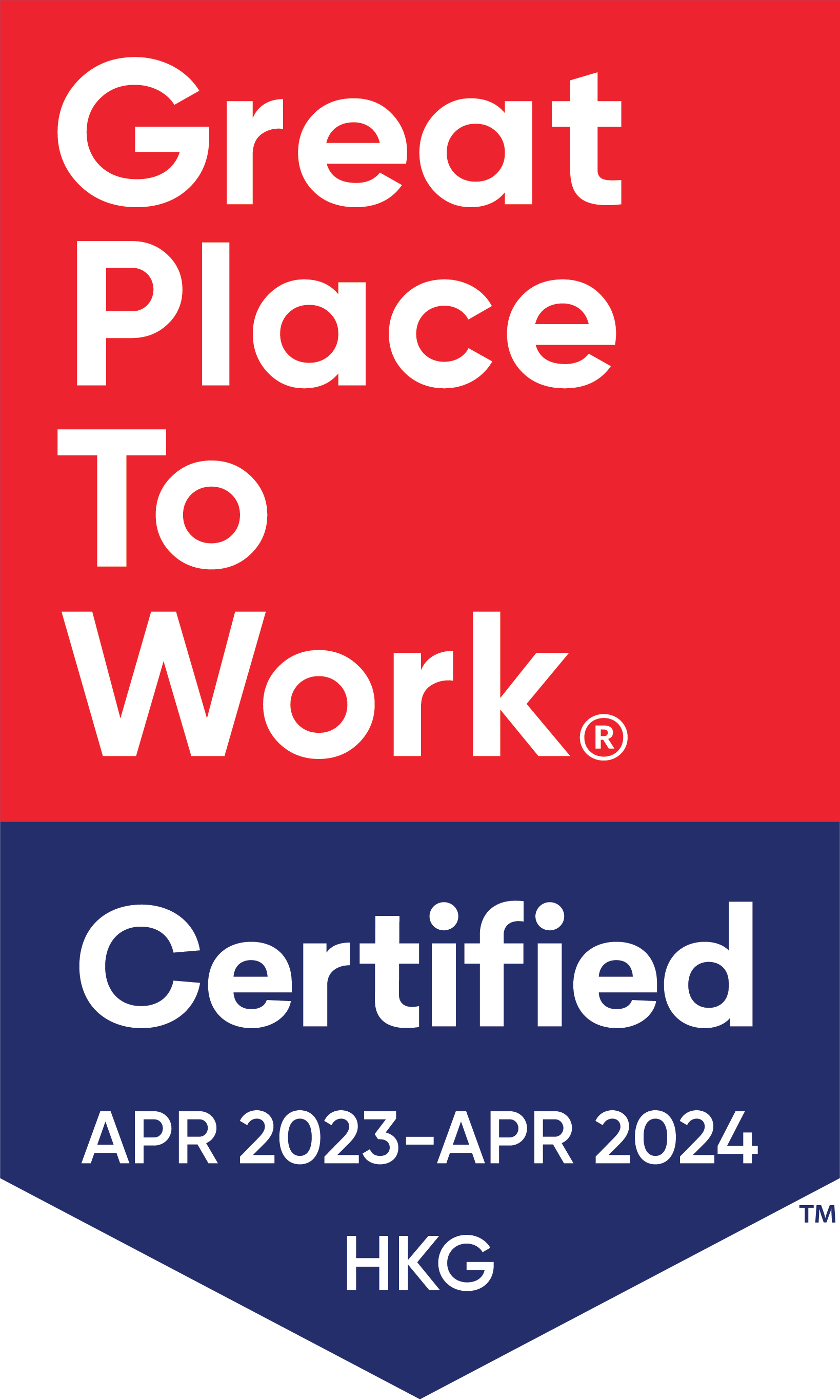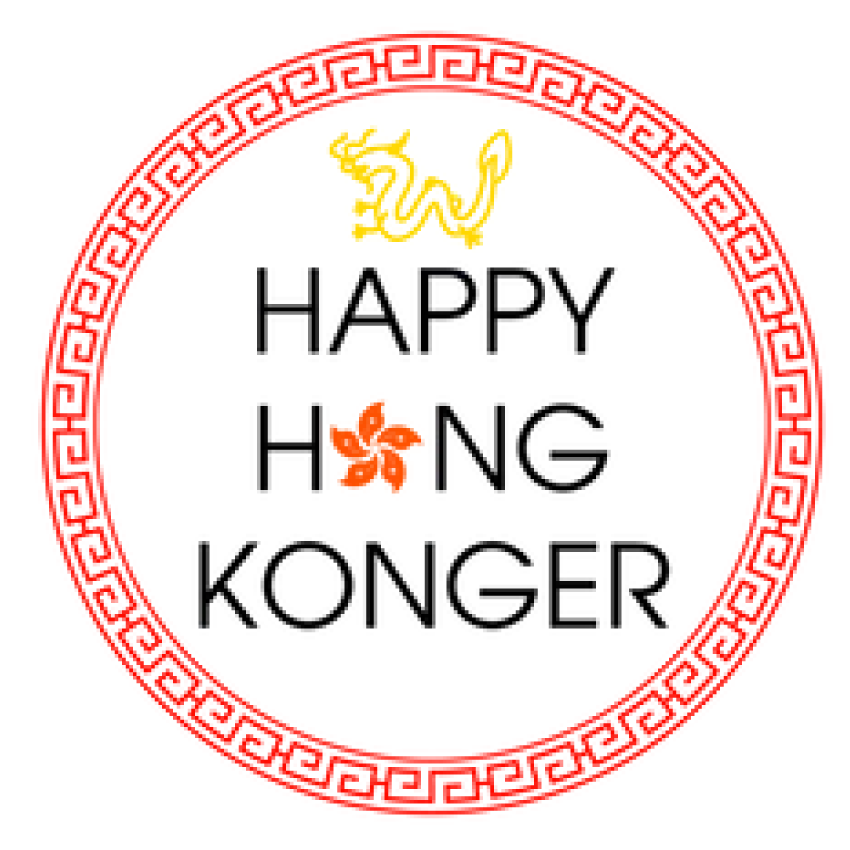12 lessons in 25 years

This article was written by CG Managing Director, Mathew Gollop, and published on October 12th 2022 in LinkedIn:
This year has seen me hit 25 years in the recruitment industry and, ConnectedGroup also celebrates a quarter of a century of operations.
With these milestones in mind, I have been reflecting on what I have learned both in business and in my personal life (and the blurred line in between). I'm sharing it here and, hopefully, some of it will resonate. I would love to hear your own insights as I continue to learn new things.
- Family first. 'Family' means many things. Not just our relatives, children and spouse, but our close friends and even our pets fall into this category. It's easy to prioritise other things - justifying it on the basis that you are building a better life - but ultimately, each day, each experience, IS your life. That feeling that 'things will be better/easier when...', doesn't go away. You just have to stop and appreciate what you have to truly gain perspective.
- Stay curious. Henry Ford said, “Anyone who stops learning is old, whether at twenty or eighty. Anyone who keeps learning stays young.” Today, the opportunities to learn new things are almost overwhelming but, it starts with an open mind. I'm still excited to learn new things and these experiences can sometimes change the direction of your life, even in your later years.
- Keep your self image flexible. When you learn new things, it can challenge your view of who you are. If you remain open to changing your view of yourself, then you can more easily evolve and adapt as the world changes around you. Surrounding yourself with people who are unafraid to give you candid feedback will make this easier. It's never too late to be the you that you want to be but, you will have to embrace the uncomfortable truths along the way.
- Speak to yourself with kindness. A career coach once asked me to describe how I talked to myself when I felt I was falling short. She listened and then asked how I would feel if I had a manager who talked to me the same way (not good!). It was a stunning moment and, whilst the change wasn't instant, the more I have learned to cut myself some slack, the better my life has been. I am now attuned to hear this in others and try to pass on the same advice.
- The obstacle is the way. The book of the same title by Ryan Holiday helped me to consolidate this way of thinking. His guide to the teachings of stoicism bring to life the concept of seeing opportunity in adversity. The faster you can move from seeing the problem to accepting it, the faster and more effectively you can move through it. This is different to just 'never giving up' because, repeatedly running at an issue without acceptance doesn't always lead to a solution. As an extension of this, it is also about knowing that persistence as a trait needs to be sustainable. Understanding when to rest and return refreshed is therefore critical.
- Have a clear purpose. In Victor Frankl's 'A Man's Search for Meaning' he says “in some ways suffering ceases to be suffering at the moment it finds a meaning". In other words, 'embracing the suck' only works when you have a well defined purpose. Just as organisations need a purpose statement, you also need guiding principles that will help you make decisions and navigate life. Keep true to your purpose and values, and tough decisions become easier to make. There is a good reason Frankl is often quoted in business and leadership writing.
- Kindness is not weakness. Just as finding a kind voice for yourself is important, do not let others tell you that leading with kindness is a negative. I listened to people tell me 'you are too nice' for years as a leader and, whilst I learned to find a balance between the commercial and the personal, it has become a core value that has built a robust business. Reading Adam Grant's book 'Give and Take' was a pivotal moment for me - allowing me to accept this as truly a strength. More recently I read Everybody Matters by Bob Chapman and it was hugely inspirational to read about a company applying this approach at scale and with significant commercial results.
- Be open but have limits. Stay optimistic about people and give them the benefit of the doubt. I have many friendships that I value that began with uncertainty. At the same time, you must have limits. Those people that only take from you and give nothing positive in return or, do not have your best interests at heart, need to go. The same is true in business. Sometimes with time, trust and coaching, a difficult team member can become an asset. Good leadership is knowing when that you have nothing left to give and it is time to move on.
- 'Culture eats strategy for breakfast.' Following from the last point, it has become increasingly clear to me that focusing on keeping your employees feeling happy, safe and with a strong sense of belonging is the only sustainable business strategy. Whilst many leadership trends come and go, are disproven, or become culturally irrelevant, this Peter Drucker quote from 2006 is simple yet powerful. It doesn't mean that you don't need strategy, but a poor culture is either mirrored in a poor strategy or, a great strategy is unable to be executed without a meaningful culture. It is also true that tactically, a bad culture will develop processes and procedures that further perpetuate the negative elements. So, fix culture first, the rest follows.
- Make decisions that sustain. You can also flip the previous point. If you always focus on creating an environment that is more likely to generate long term value, then you will naturally gravitate towards one that has a positive and meaningful impact on people's well-being. Short-term wins often drive the opposite and commercial/financial value cannot be achieved if it cannot be replicated with relative and increasing ease.
- Define and repeat. Particularly when it comes to company vision, mission, values and purpose, you cannot talk about it enough. Whilst parts of Jack Welch's book 'Winning' haven't dated well, the first few chapters that talk about defining a simple set of values and then repeating it as a mantra is still valid. These elements that are the cornerstones to company culture have to be lived. To be lived, they need to be understood. To be understood, they have to be ingrained. This is true of anything that needs to be adopted as company lore and Adam Grant says it well; "Repeat after me: good communication requires repetition. Data: leaders are 9x more likely to be criticized for undercommunicating than overcommunicating. Those who say too little come across as unclear and uncaring. When you're tired of your message, it's just starting to land."
- Recruit for stretch. I guess some recruitment related advice would also be appropriate! If I am only going to give one insight from my years in the industry, it is to identify candidates who bring 50-75% of the skills and experience to the equation and 100% of the values fit and then let them thrive as they learn the rest. People who have done the same job before bring a diminishing return as they become less motivated to do the same things over again. High achievers in particular will fly when given some scope and freedom.
I hope there is something in here that you find interesting and I look forward to you sharing your own lessons and insights.
I can always be reached at mat@connectedgroup.com and try my best to give time to people who want to discuss talent and career strategies, not for profit initiatives and board effectiveness in particular.
Share This Blog
Recent Articles















